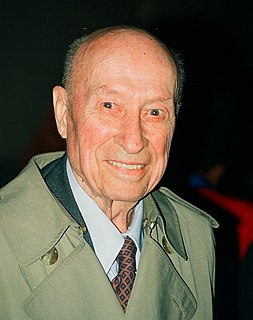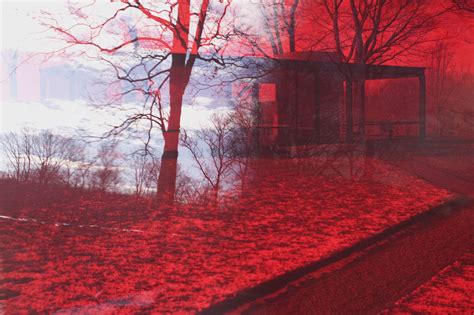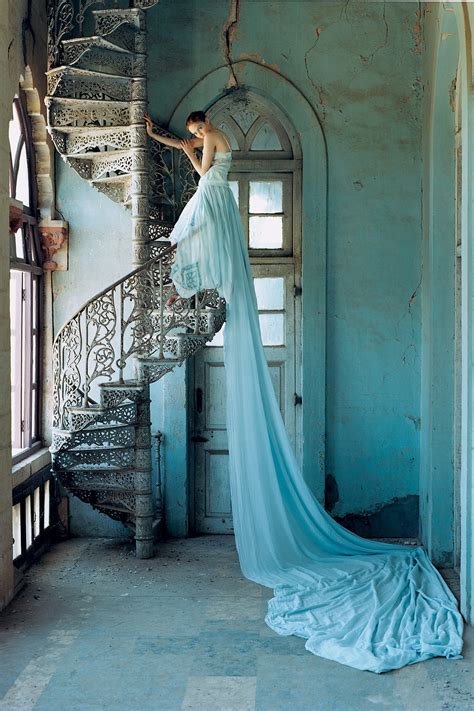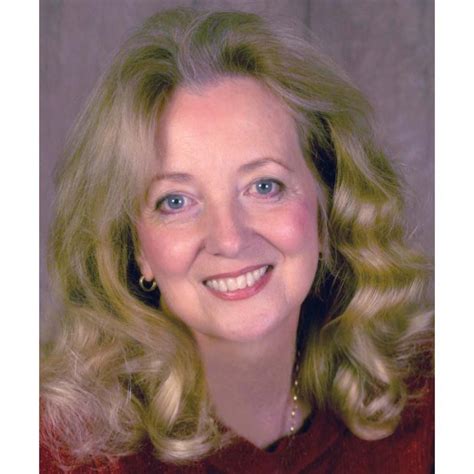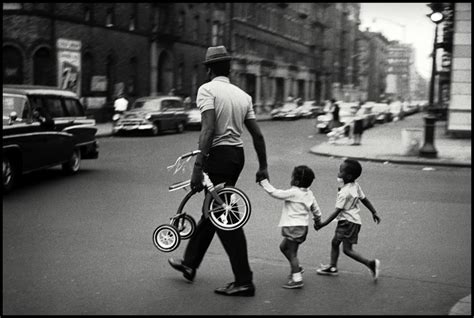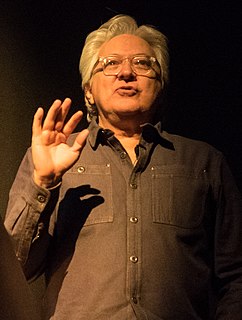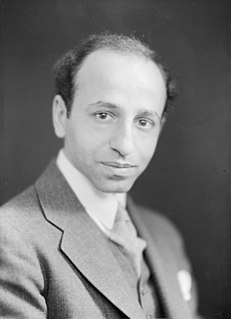A Quote by Harry Callahan
To be a photographer, one must photograph. No amount of book learning, no checklist of seminars attended, can substitute for the simple act of making pictures.
Related Quotes
A photograph records both the thing in front of the camera and the conditions of its making... A photograph is also a document of the state of mind of the photographer. And if you were to extend the idea of the set-up photograph beyond just physically setting up the picture, I would argue that the photographer wills the picture into being.
As far as the surface is concerned - oil on canvas, conventionally applied - my pictures have little to do with the original photograph. They are totally painting (whatever that may mean). On the other hand, they are so like the photograph that the thing that distinguished the photograph from all other pictures remains intact.
I work in several different groups of pictures which act on and with each other - ranging from several abstracted manners to a form for the surreal. I have been called a preacher - but, in reality, I'm more generally philosophical. I have never made an abstracted photograph without content. An educated background in Zen influences all of my photographs. It has been said that my work resembles, more closely than any photographer, Le Douanier Rousseau - working in a fairly isolated area and feeding mostly on myself - I feel that I am a primitive photographer.
Love always seeks for betterment, for ways of making life more workable, joyful, whole, and beautiful. Love examines every option available to bring about an improvement in life. This kind of discernment is an act of decency, not an act of judgment. Rigid philosophies of judgment will seek to establish structure as a substitute for decency, control as a substitute for trust, and the mind as a substitute for higher awareness.
The photographer's most important and likewise most difficult task is not learning to manage his camera, or to develop, or to print. It is learning to see photographically — that is, learning to see his subject matter in terms of the capacities of his tools and processes, so that he can instantaneously translate the elements and values in a scene before him into the photograph he wants to make.
It is essential for the photographer to know the effect of his lenses. The lens is his eye, and it makes or ruins his pictures. A feeling for composition is a great asset. I think it is very much a matter of instinct. It can perhaps be developed, but I doubt if it can be learned. To achieve his best work, the young photographer must discover what really excites him visually. He must discover his own world.
